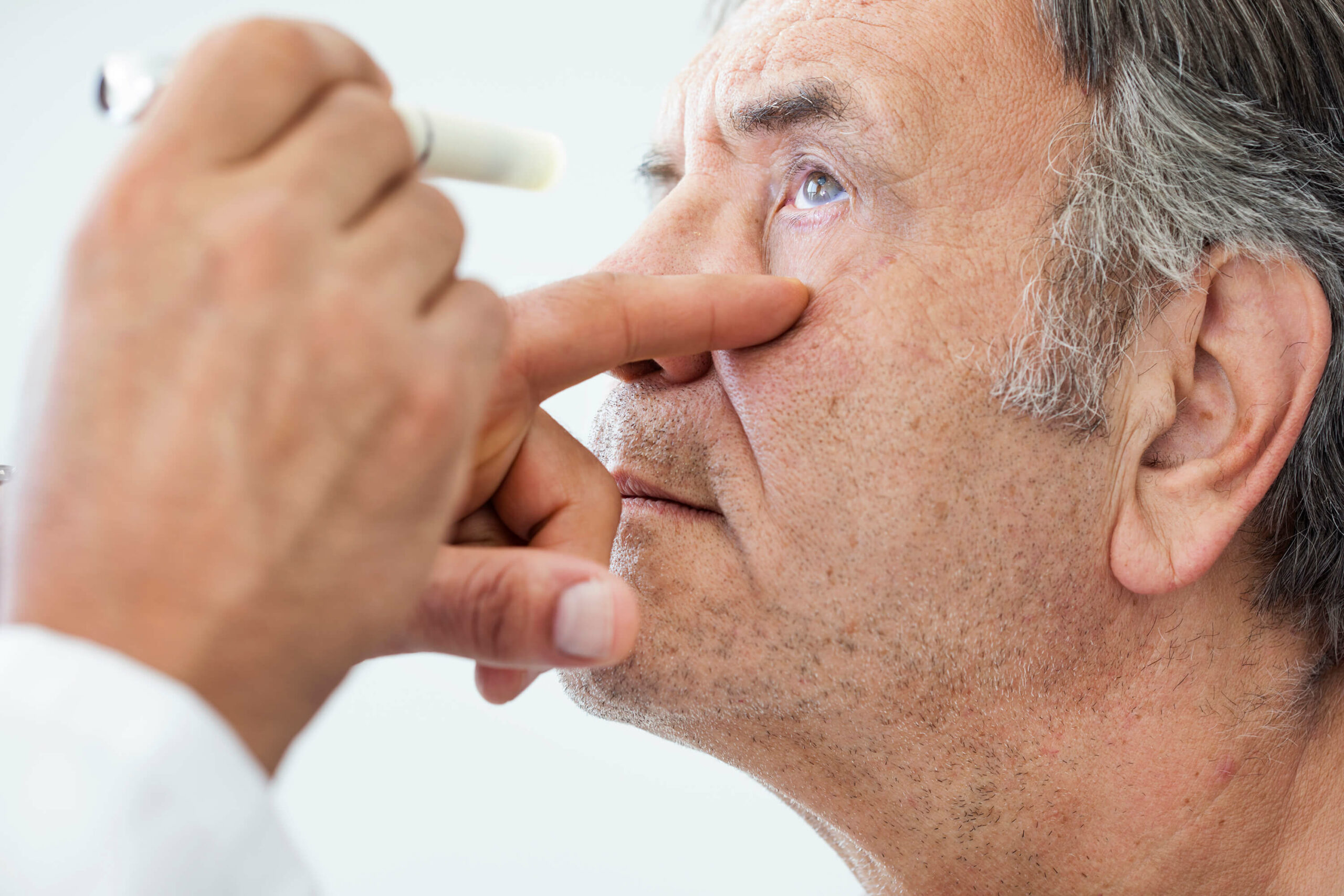- July 10, 2024
Don’t Ignore These Emergency Eye Symptoms

Guidelines to help determine if your eye condition requires urgent care
The health of your eyes plays a vital role in the quality of your everyday life. When an eye injury or other condition has the potential to threaten your vision, it’s important to recognize the symptoms that may require emergency care. This guide can help.
Urgent Eye Symptoms
These symptoms can be indicators of serious eye conditions – some of which can even lead to permanent vision loss. If you or a loved one experiences these symptoms, seek immediate emergency care or call 911.
- Flashes of light or blackness. These can suddenly occur in one eye and can be an indicator of retinal detachment or tear.
- Vision loss after an injury. This can be a sign of an eyeball rupture, most commonly resulting from an injury.
- Sudden painless loss of vision. If you have a history of high cholesterol or high blood pressure, this may be a central retinal artery occlusion, which is a blood clot in your retina’s artery. Without treatment, it could also lead to a stroke if the clot breaks and moves to the brain.
Less-Urgent Eye Symptoms
While these symptoms may not require immediate care, you should consult with your doctor to possibly prevent them from developing into more serious problems.
- Progressive blurry vision. Common for senior adults, cataracts reduce vision clarity over time as the protein and fibers in the eye’s lens begin to break down.
- Wavy or distorted vision. This can be an indicator of macular degeneration, the leading cause of vision loss in people over 60. It affects your central retina and central vision.
- Extreme redness, swelling and itchiness. This symptom is often the result of the most common eye condition, conjunctivitis (commonly called pink eye). It’s caused by viruses, bacteria or allergens and is very contagious.
Don’t wait to prioritize your overall eye health. Even if your symptoms are not urgent, prompt, quality care is important to maintain the health of your eyes. Be sure to check with your doctor if you experience any symptoms that may impact your vision.
If you wear contact lenses or glasses, or take medications that can impact your vision, follow your eye doctor’s recommendations for vision checks.

